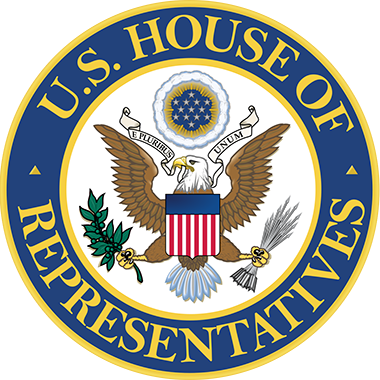The U.S. House of Representatives’ Committee on Appropriations has directed the FDA to unify its food program under a Deputy Commissioner for Foods and highlighted additional priorities for the agency related to cell-cultured meat products, allergen labeling and quantitative pathogen testing.
In its recent bill appropriating funds for the USDA, FDA and related agencies for fiscal year 2024, the committee laid out its priorities for these agencies, including:
Human Foods Program Restructuring. The Committee directed FDA to unify the foods program under an expert, empowered Deputy Commissioner for Foods with full line authority over CFSAN, the food and feed-related activities of the Center for Veterinary Medicine (CVM), and all food-related components of the Office of Regulatory Affairs, including inspection and compliance, food-related laboratories, import oversight, State partnerships, training, and information technology.
Allergen Labeling. The Committee stated that it is concerned about the increase in the diagnosis of food allergies to new and emerging food allergens not currently required to be labeled. The Committee urged the Center for Food Safety and Applied Nutrition (CFSAN) to identify potential future food allergens that would require labeling on food packaging and to implement the required process toward labeling on packaged foods.
Cell Cultured Meat Labeling. In light of the FDA’s first pre-market consultation for a human food made from cultured animal cells, the Committee stated that it is interested in the internal FDA protocols related to pre-market consultations for cell-cultured protein products, specifically whether or not there are special or unique considerations made for these products in pre-market consultation processes. The Committee requested a report outlining the pre-market consultation process for cell-cultured protein products, noting any special accommodations made to comply with the Formal Agreement between the FDA and the USDA and any agency plans to coordinate with its counterparts at USDA on further action regarding the same products.
FASTER Act. The Committee shared its concerns of reports that companies are circumventing the intent of the FASTER Act by intentionally adding sesame to food products to avoid the cost of preventing cross-contamination. FDA is directed to report on implementation of the FASTER Act, including plans to address this issue and an analysis of whether actions by companies in response to the Act’s passage violated federal food safety rules.
Listeria. The Committee directed FDA to apply a risk-based approach and direct its regulatory efforts toward high risk ready-to eat foods that support the growth of Listeria monocytogenes (Lm). Additionally, the Committee encouraged a regulatory approach that encourages industry to adopt quantitative Lm testing schemes and facilitate robust environmental monitoring programs. The Committee directed FDA to work with industry stakeholders to gather supporting information and data to assist with implementation of this Lm approach to align with other international regulatory standards and restore a level playing field for U.S. food processors in the global marketplace.





